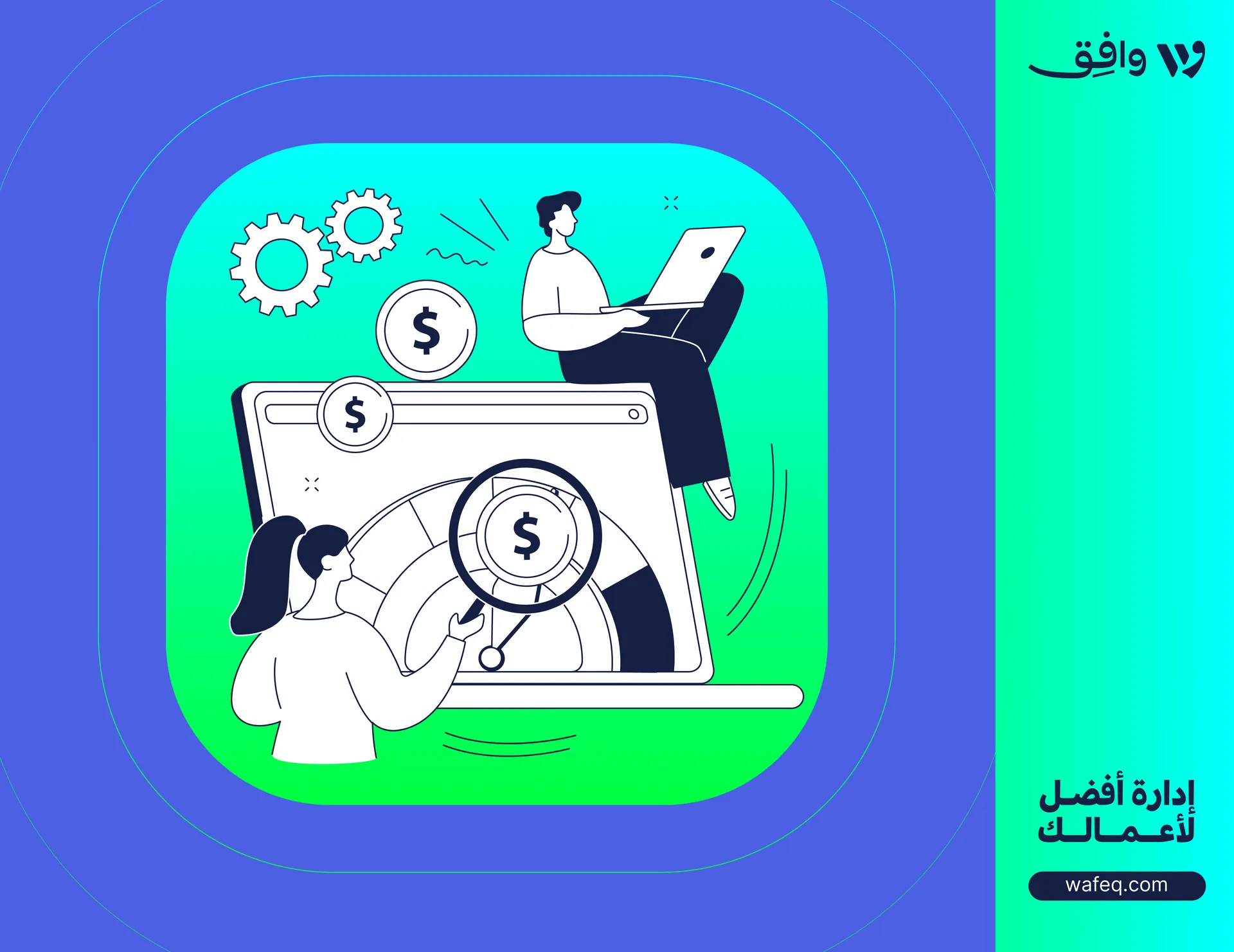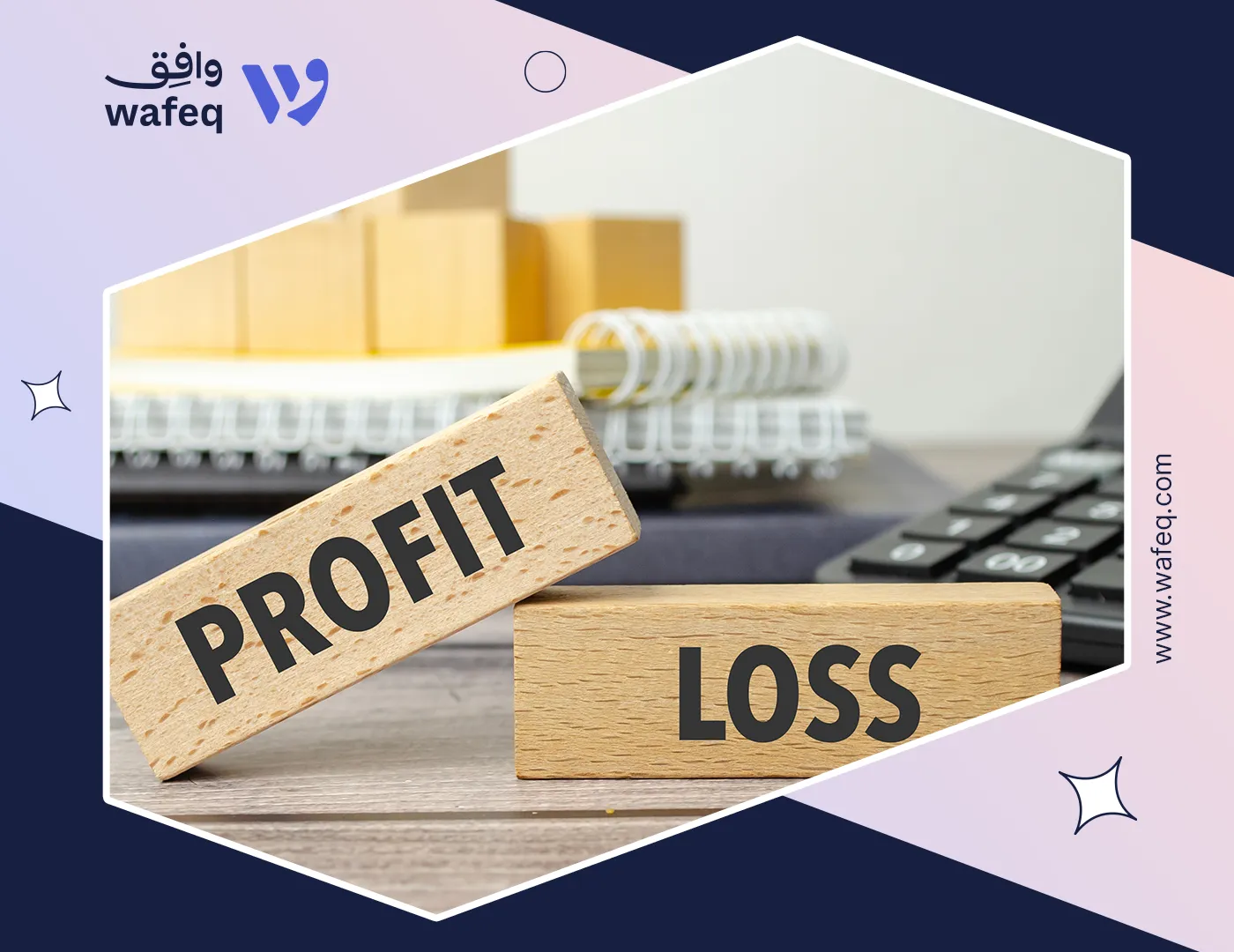Beyond the Office: How Accounting Skills Empower Your Personal Financial Journey

In today's fast-paced world, managing personal finances can be a challenge. For business owners and accountants, the skills honed in the office can be a powerful tool in navigating personal financial journeys.
In this article, we'll explore how accounting skills can empower individuals to make better financial decisions and achieve their personal financial goals.
Applying Accounting Principles to Personal Finances
Creating a Personal Budget
A personal budget is a financial plan that outlines your income and expenses for a given period, usually a month or a year. As an accountant or business owner, you can use your expertise in tracking revenue and expenses to create a realistic budget that aligns with your financial goals. Regularly monitoring and adjusting your budget can help you stay on track and avoid overspending.
Tracking Income and Expenses
Accounting professionals are well-versed in categorizing and tracking financial transactions. Applying these skills to your personal finances will enable you to gain a clear understanding of your spending habits and identify areas where you can cut costs. By diligently tracking your income and expenses, you can ensure that you are living within your means and making progress toward your financial goals.
Ready to streamline your personal and professional finances? Try Wafeq accounting software today for an all-in-one solution!
Ready to streamline your personal and professional finances? Try Wafeq accounting software today for an all-in-one solution!
Analyzing Financial Statements for Personal Growth
In the same way that businesses analyze financial statements to gauge their performance, you can use your accounting skills to review your personal financial statements. This analysis can help you identify trends, understand your net worth, and make informed decisions about saving, investing, and debt management.
Setting SMART Financial Goals
Accountants and business owners are familiar with setting SMART (Specific, Measurable, Achievable, Relevant, and Time-bound) goals for their companies. Applying this principle to your finances can help you establish realistic financial goals aligned with your priorities and values.
Utilizing the Power of Compound Interest
Compound interest is a powerful financial concept that can help you grow your wealth over time. By understanding how compound interest works and harnessing its power through regular savings and investments, you can significantly increase your long-term financial stability.
Understanding Tax Implications and Strategies
As a professional with accounting expertise, you likely have a solid understanding of tax laws and regulations. You can use this knowledge to minimize your tax liability and maximize your savings through tax-advantaged investment vehicles and deductions.
Developing a Savings and Investment Plan
A well-crafted savings and investment plan is crucial for achieving long-term financial success. Use your accounting skills to analyze your financial situation, set savings goals, and choose the right investment vehicles to help you reach your objectives.
Read more: How Accountants Can Leverage Their Skills for Personal Budgeting and Financial Goal Achievement.
Building Healthy Financial Habits
Creating an Emergency Fund
Financial experts recommend building an emergency fund covering three to six months of living expenses. By maintaining an emergency fund, you can protect yourself from unexpected financial setbacks and avoid going into debt.
Automating Your Savings and Investments
Establish a system that automatically transfers a portion of your income into your savings and investment accounts. This "set it and forget it" approach can help you build wealth consistently over time and reduce the temptation to spend your savings.
Living Below Your Means
By living below your means, you can create a financial buffer that enables you to save and invest more aggressively. This habit can help you achieve your financial goals faster and enjoy greater financial security.
Paying Off High-Interest Debt
High-interest debt, such as credit card debt, can significantly hinder your financial progress. Prioritize paying off high-interest debt as quickly as possible to reduce the amount of interest you pay over time.
Staying Informed About Financial News and Trends
Stay informed about financial news and trends by regularly reading articles, listening to podcasts, and following reputable financial experts. This knowledge can help you make better financial decisions and capitalize on new opportunities.
Reviewing and Adjusting Your Financial Plan Regularly
Life is full of surprises, and your financial situation can change rapidly. Regularly review and adjust your financial plan to ensure it remains aligned with your current circumstances and goals.
Seeking Professional Advice When Needed
While your accounting skills can help you manage your personal finances effectively, there may be times when you need expert guidance. Don't hesitate to seek professional advice from a financial planner or investment advisor to help you make the most informed decisions possible.
Read More: The Benefits of Electronic Invoicing for Business Owners and Accountants. Simplifying Sales Invoices: A Guide for Business Owners and Accountants.
Balancing Personal and Professional Financial Responsibilities
Creating Clear Boundaries Between Personal and Business Finances
As a business owner or accountant, it's crucial to maintain clear boundaries between your personal and professional finances. This separation can help you avoid financial conflicts and maintain an accurate understanding of your personal financial health.
Managing Time and Priorities
Time management is essential for successfully balancing personal and professional financial responsibilities. Establish a routine for managing your personal finances and set aside dedicated time each week or month to review your budget, track your expenses, and assess your financial progress.
Developing a Support System
Having a support system in place can help you stay accountable for your financial goals and provide encouragement during challenging times. Share your financial goals with friends, family, or a financial accountability partner, and consider joining a financial support group or online community.
Embracing the Power of Networking
Networking with other professionals who share your interest in personal finance can help you expand your knowledge, gain new perspectives, and uncover valuable resources. Attend industry events, join professional organizations, and participate in online forums to connect with like-minded individuals.
Conclusion
Accounting skills have the power to transform your personal financial journey, helping you make better decisions and achieve your financial goals. By applying these skills to your personal finances and building healthy financial habits, you can enjoy excellent financial stability and success both inside and outside the office. So, start leveraging your accounting expertise today, and embark on a path toward a more secure and prosperous future.
Use Wafeq - an accounting system to keep track of debits and credits, manage your inventory, payroll, and more.
Use Wafeq - an accounting system to keep track of debits and credits, manage your inventory, payroll, and more.





.png?alt=media)








